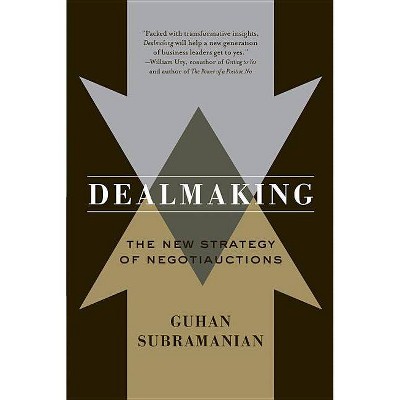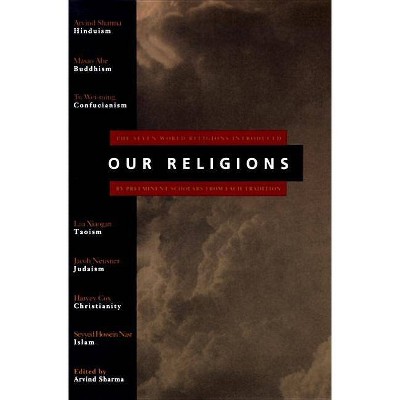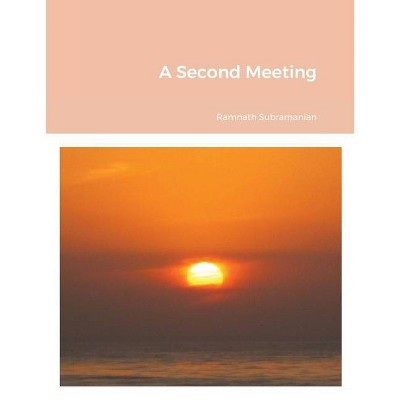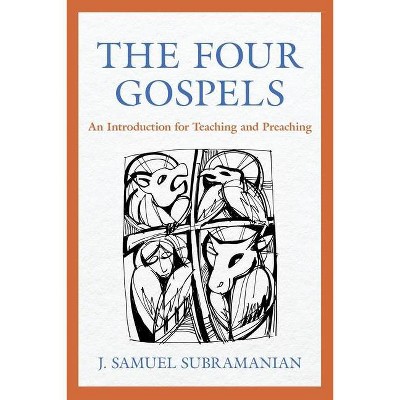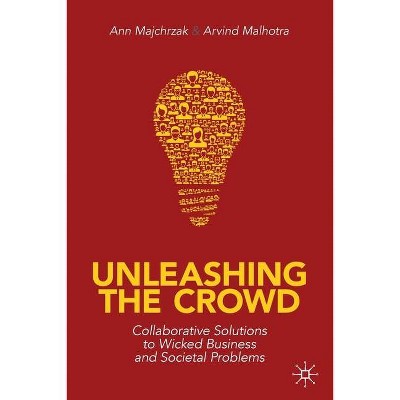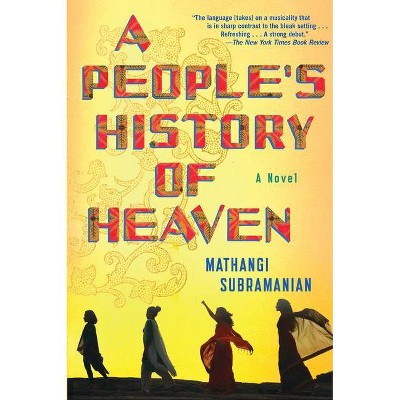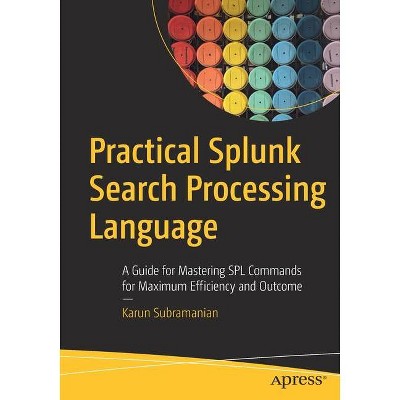Eclipse - by Arvind Subramanian (Paperback)
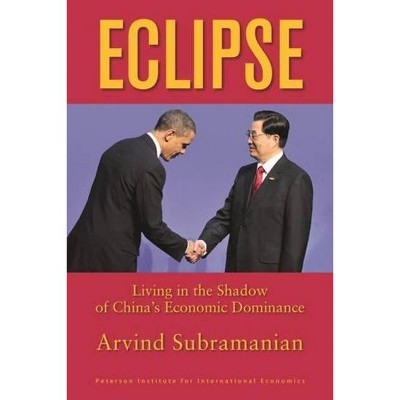
Similar Products
Products of same category from the store
AllProduct info
<p/><br></br><p><b> Book Synopsis </b></p></br></br>In his new book, Arvind Subramanian presents the following possibilities: What if, contrary to common belief, China's economic dominance is a present-day reality rather than a faraway possibility? What if the renminbi's takeover of the dollar as the world's reserve currency is not decades, but mere years, away? And what if the United States's economic preeminence is not, as many economists and policymakers would like to believe, in its own hands, but China's to determine? <p/>Subramanian's analysis is based on a new index of economic dominance grounded in a historical perspective. His examination makes use of real-world examples, comparing China's rise with the past hegemonies of Great Britain and the United States. His attempt to quantify and project economic and currency dominance leads him to the conclusion that China's dominance is not only more imminent, but also broader in scope, and much larger in magnitude, than is currently imagined. He explores the profound effect this might have on the United States, as well as on the global financial and trade system. Subramanian concludes with a series of policy proposals for other nations to reconcile China's rise with continued openness in the global economic order, and to insure against China becoming a malign hegemon.<p/><br></br><p><b> Review Quotes </b></p></br></br><br>Parts of <i>Eclipse</i> read like a wonky version of <i>Rising Sun</i>, Michael Crichton's 1992 novel of Japanese dominance over the U.S. when Tokyo was seen as speeding toward number one. But Mr. Subramanian is a first-class economist who uses his book to discuss provocatively U.S.-Chinese relations and the nature of economic power.--Wall Street Journal<br><br>Defying conventional wisdom, <i>Eclipse</i> not just vividly imagines, but provides a plausible scenario for, the replacement of the United States by China as the world's dominant economic power. It persuasively underlines the need for Washington to get its act together.--Francis Fukuyama, Stanford University and author of <i>The End of History and the Last Man</i> and <i>The Origins of Political Order</i><br><br>If you want to understand the true magnitude of the shift in economic power that is currently changing the world, <i>Eclipse</i> is the book to read--provocative, well argued and elegantly written.--Liaquat Ahamed, Pulitzer Prize-winning author of <i>Lords of Finance</i><br><p/><br></br><p><b> About the Author </b></p></br></br>Arvind Subramanian is the Dennis Weatherstone Senior Fellow at the Peterson Institute for International Economics. He currently serves as the chief economic adviser to the government of India. He has also served as senior fellow at the Center for Global Development. He is coauthor of <i>Who Needs to Open the Capital Account?</i> (2012). <i>Foreign Policy</i> magazine named him as one of the world's top 100 global thinkers in 2011. He was assistant director in the Research Department of the International Monetary Fund. He served at the GATT (1988-92) during the Uruguay Round of trade negotiations and taught at Harvard University's Kennedy School of Government (1999-2000) and at Johns Hopkins' School for Advanced International Studies (2008-10).
Price History
Price Archive shows prices from various stores, lets you see history and find the cheapest. There is no actual sale on the website. For all support, inquiry and suggestion messages communication@pricearchive.us
